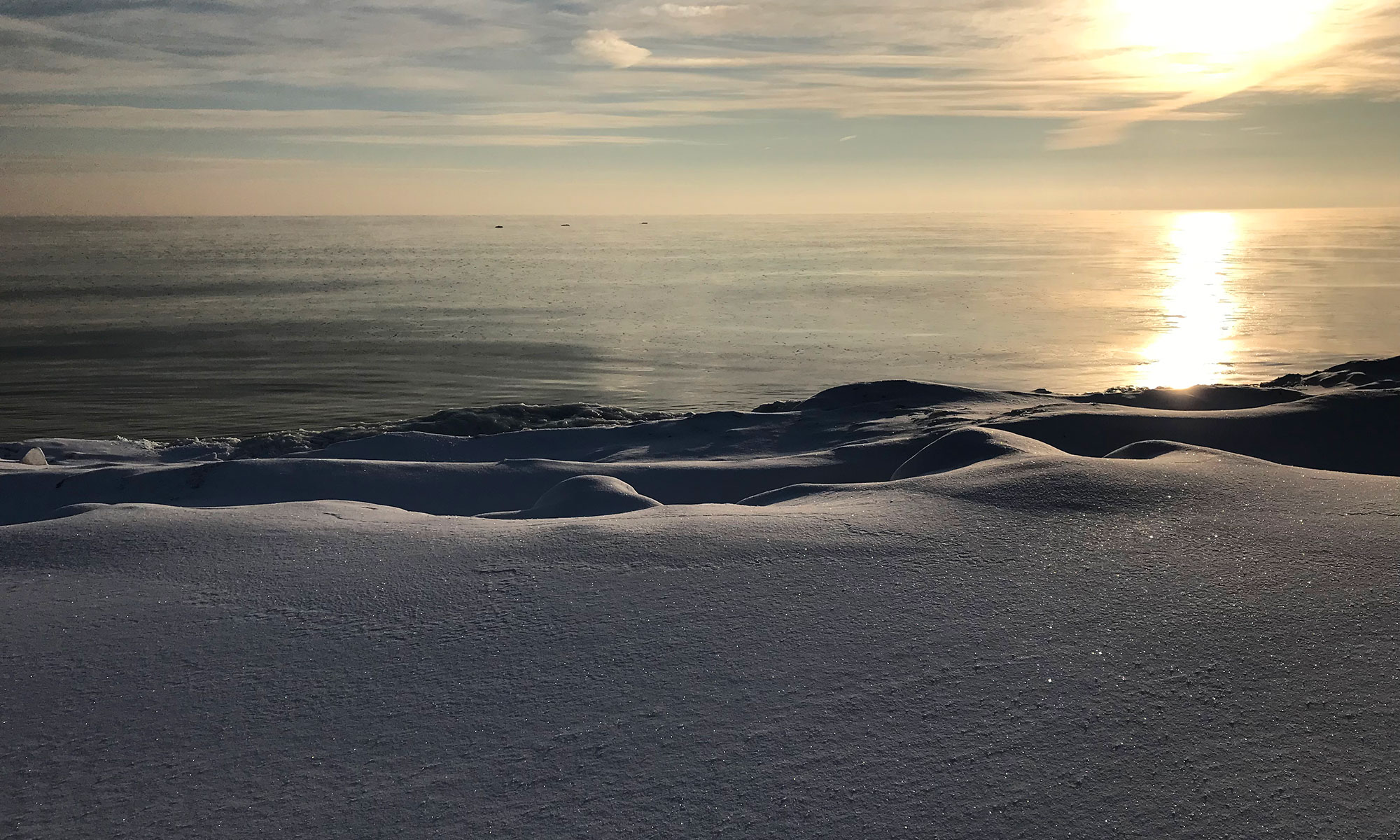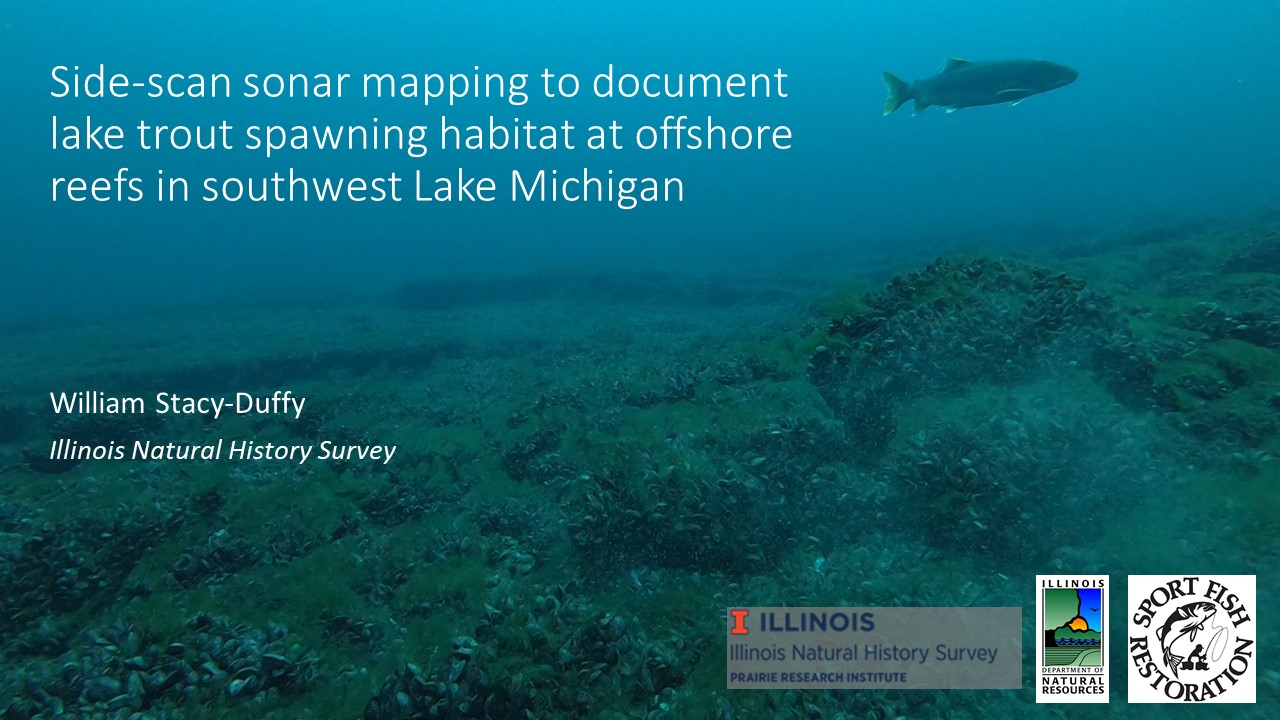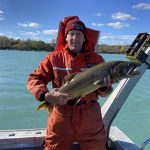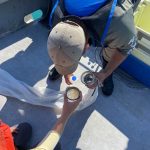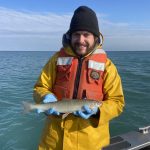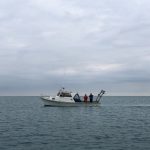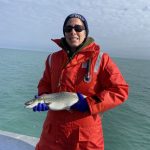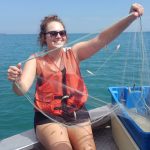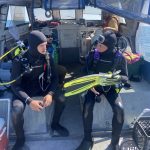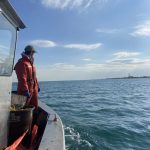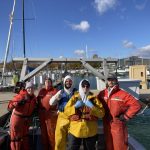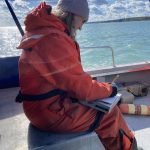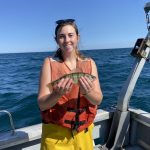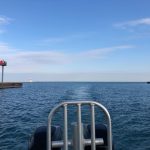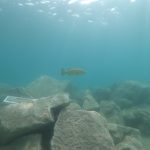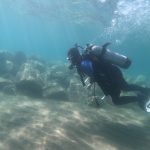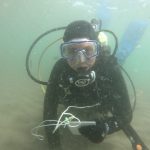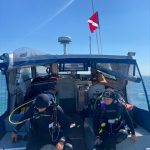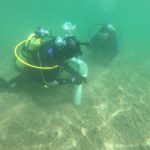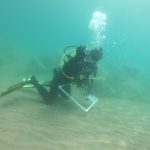JOB POSTING: Visiting Aquatic Invasive Species Engagement specialist
The Illinois Natural History Survey (INHS) investigates and documents the biological resources of Illinois and other areas, and acquires and provides natural history information that can be used to promote the common understanding, conservation, and management of these resources. INHS is part of the Prairie Research Institute (PRI) at the University of Illinois at Urbana-Champaign, which is centrally located between Chicago, St. Louis, and Indianapolis. Learn more at go.illinois.edu/PRIjobs.
The Illinois Natural History Survey is seeking to hire a Visiting Aquatic Invasive Species Engagement specialist to develop, direct, and assess the effectiveness of outreach and engagement activities for various stakeholders needing scientific information on Aquatic Invasive Species (AIS) affecting Lake Michigan and the inland waters of Illinois and Indiana; develop, plan, direct, and conduct social and possibly biological research to help guide outreach efforts. Please visit https://jobs.illinois.edu/ for further information regarding application procedures, or you may contact Amber Hall,
Human Resources Associate at amberh@illinois.edu. Application deadline January 28, 2022.
The U of I is an EEO Employer/Vet/Disabled http://go.illinois.edu/EEO that participates in the federal e-Verify program and participates in a background check program focused on prior criminal or sexual misconduct history.
University of Illinois faculty, staff and students are required to be fully vaccinated against COVID-19. If you are not able to receive the vaccine for medical or religious reasons, you may seek approval for an exemption in accordance with applicable University processes.
